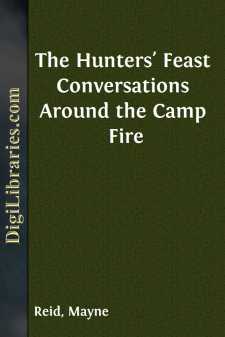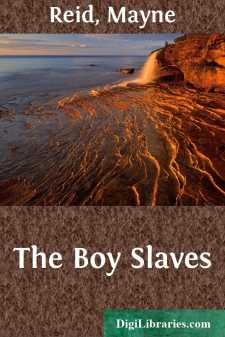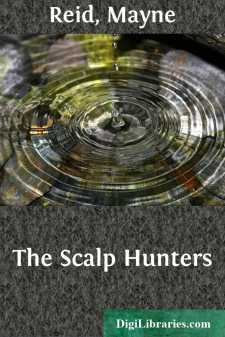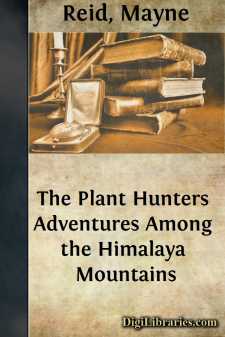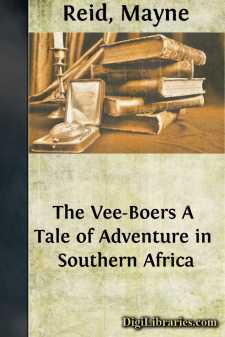Categories
- Antiques & Collectibles 13
- Architecture 36
- Art 48
- Bibles 22
- Biography & Autobiography 813
- Body, Mind & Spirit 142
- Business & Economics 28
- Children's Books 15
- Children's Fiction 12
- Computers 4
- Cooking 94
- Crafts & Hobbies 4
- Drama 346
- Education 46
- Family & Relationships 57
- Fiction 11828
- Games 19
- Gardening 17
- Health & Fitness 34
- History 1377
- House & Home 1
- Humor 147
- Juvenile Fiction 1873
- Juvenile Nonfiction 202
- Language Arts & Disciplines 88
- Law 16
- Literary Collections 686
- Literary Criticism 179
- Mathematics 13
- Medical 41
- Music 40
- Nature 179
- Non-Classifiable 1768
- Performing Arts 7
- Periodicals 1453
- Philosophy 64
- Photography 2
- Poetry 896
- Political Science 203
- Psychology 42
- Reference 154
- Religion 513
- Science 126
- Self-Help 84
- Social Science 81
- Sports & Recreation 34
- Study Aids 3
- Technology & Engineering 59
- Transportation 23
- Travel 463
- True Crime 29
The Hunters' Feast Conversations Around the Camp Fire
by: Mayne Reid
Categories:
Description:
Excerpt
A Hunting Party.
On the western bank of the Mississippi, twelve miles below the embouchure of the Missouri, stands the large town of Saint Louis, poetically known as the “Mound City.” Although there are many other large towns throughout the Mississippi Valley, Saint Louis is the true metropolis of the “far west”—of that semi-civilised, ever-changing belt of territory known as the “Frontier.”
Saint Louis is one of those American cities in the history of which there is something of peculiar interest. It is one of the oldest of North-American settlements, having been a French trading port at an early period.
Though not so successful as their rivals the English, there was a degree of picturesqueness about French colonisation, that, in the present day, strongly claims the attention of the American poet, novelist, and historian. Their dealings with the Indian aborigines—the facile manner in which they glided into the habits of the latter—meeting them more than half-way between civilisation and savage life—the handsome nomenclature which they have scattered freely, and which still holds over the trans-Mississippian territories—the introduction of a new race (the half blood—peculiarly French)—the heroic and adventurous character of their earliest pioneers, De Salle Marquette, Father Hennepin, etcetera—their romantic explorations and melancholy fate—all these circumstances have rendered extremely interesting the early history of the French in America. Even the Quixotism of some of their attempts at colonisation cannot fail to interest us, as at Gallipolis on the Ohio, a colony composed of expatriated people of the French court;—perruquiers, coachbuilders, tailors, modistes, and the like. Here, in the face of hostile Indians, before an acre of ground was cleared, before the slightest provision was made for their future subsistence, the first house erected was a large log structure, to serve as the salon du Lal!
Besides its French origin, Saint Louis possesses many other points of interest. It has long been the entrepôt and depôt of commerce with the wild tribes of prairie-land. There the trader is supplied with his stock for the Indian market—his red and green blanket—his beads and trinkets—his rifles, and powder, and lead; and there, in return, he disposes of the spoils of the prairie collected in many a far and perilous wandering. There the emigrant rests on the way to his wilderness home; and the hunter equips himself before starting forth on some new expedition.
To the traveller, Saint Louis is a place of peculiar interest. He will hear around him the language of every nation in the civilised world. He will behold faces of every hue and variety of expression. He will meet with men of every possible calling.
All this is peculiarly true in the latter part of the summer season. Then the motley population of New Orleans fly from the annual scourge of the yellow fever, and seek safety in the cities that lie farther north. Of these, Saint Louis is a favourite “city of refuge,”—the Creole element of its population being related to that kindred race in the South, and keeping up with it this annual correspondence....


